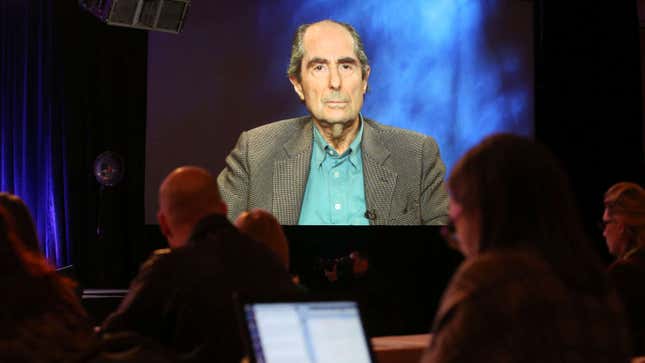Blake Bailey Rumors Had Reportedly Been Circulating for Years Before Norton Axed His Philip Roth Biography
Latest

Amid allegations that author Blake Bailey was a habitual sexual abuser, it seemed that publisher W.W. Norton was quick to halt the shipping of Bailey’s bestselling Philip Roth biography, just before it announced it would pull the book from print. Yet, as is usually the case when these situations catch fire, there had been smoke for years.
As Vanity Fair reports that before several of Bailey’s former students came forward to allege that he had groomed them as eighth-graders for sexual relationships that occurred when they were of age—and one former student alleged that he raped her when she was in graduate school—a book critic for the Los Angeles Times said that another accuser, Valentina Rice, told him and his wife that Bailey raped her in their home in 2015.
The book critic, Dwight Garner told Vanity Fair via email that he and his wife were honoring Rice’s wishes by not disclosing the details of Rice’s sexual assault, even as the publication he works for heaped praise on Bailey’s book and eventually was one of the publications that broke the news of the allegations against Bailey:
-

-

-

-

-

-

-

-

-

-

-

-

-

-

-

-

-

-

-

-

-

-

-

-

-

-

-

-

-

-

-

-

-

-

-

-

-

-

-

-








































